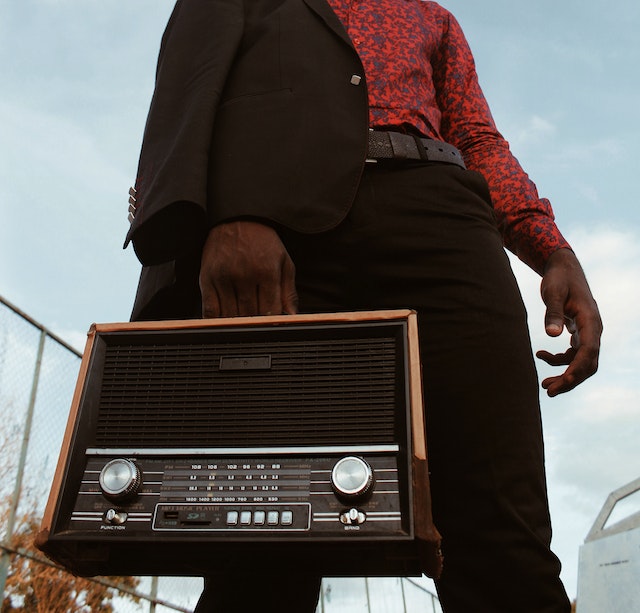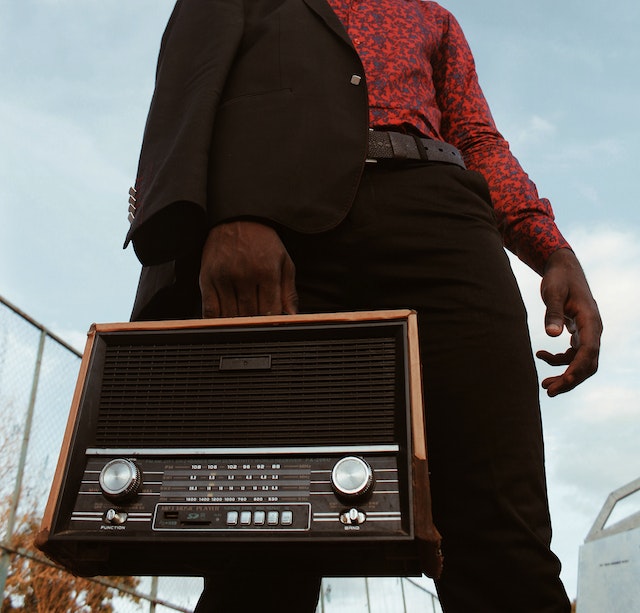Music and Social Change: Examining Protest Songs and Activism
Welcome, music lovers and change-makers, to a journey that explores the intersection of music and social change. Throughout history, music has served as a powerful tool for expressing dissent, raising awareness, and galvanizing movements. From folk ballads to rebellious rock anthems, protest songs have played a significant role in shaping social and political landscapes. So, put on your headphones, turn up the volume, and let's dive into the world of music and activism.
Music and Social Change: Examining Protest Songs and Activism
Welcome, music lovers and change-makers, to a journey that explores the intersection of music and social change. Throughout history, music has served as a powerful tool for expressing dissent, raising awareness, and galvanizing movements. From folk ballads to rebellious rock anthems, protest songs have played a significant role in shaping social and political landscapes. So, put on your headphones, turn up the volume, and let's dive into the world of music and activism.


The Role of Protest Songs
Giving Voice to the Voiceless
Protest songs have always served as a voice for the marginalized, oppressed, and disenfranchised. They channel the frustrations, hopes, and aspirations of communities facing social injustices. Whether it's Bob Dylan's "Blowin' in the Wind" or Sam Cooke's "A Change Is Gonna Come," these songs become anthems of resistance, uniting people in their quest for a better world.
Music as a Cultural Mirror
Protest songs are a reflection of the times, capturing the spirit of social movements and cultural shifts. They provide a snapshot of society's struggles, triumphs, and challenges. From the civil rights movement to anti-war protests, protest songs serve as cultural artifacts that document the evolution of social consciousness and the fight for equality and justice.
The Role of Protest Songs
Giving Voice to the Voiceless
Protest songs have always served as a voice for the marginalized, oppressed, and disenfranchised. They channel the frustrations, hopes, and aspirations of communities facing social injustices. Whether it's Bob Dylan's "Blowin' in the Wind" or Sam Cooke's "A Change Is Gonna Come," these songs become anthems of resistance, uniting people in their quest for a better world.
Music as a Cultural Mirror
Protest songs are a reflection of the times, capturing the spirit of social movements and cultural shifts. They provide a snapshot of society's struggles, triumphs, and challenges. From the civil rights movement to anti-war protests, protest songs serve as cultural artifacts that document the evolution of social consciousness and the fight for equality and justice.
The Impact of Protest Songs
Inspiring Activism and Solidarity
Protest songs have the power to inspire and mobilize individuals to take action. The combination of poignant lyrics and captivating melodies can ignite a fire within listeners, motivating them to join movements, attend rallies, and advocate for change. These songs become rallying cries, creating a sense of solidarity among activists and amplifying their collective voice.
Shifting Public Opinion
Music has a unique ability to influence public opinion and challenge prevailing narratives. Protest songs disrupt the status quo, challenging social norms and sparking conversations that may not have happened otherwise. By provoking thought and empathy, they can sway hearts and minds, paving the way for broader social change.
Notable Protest Songs and Movements
The Civil Rights Movement of the 1960s was accompanied by a soundtrack of powerful protest songs. From the iconic "We Shall Overcome" to James Brown's "Say It Loud – I'm Black and I'm Proud," these songs gave voice to the fight against racial segregation and systemic discrimination, fueling the movement's momentum.
Vietnam War Protests
The Vietnam War era witnessed a wave of anti-war sentiment, and music played a crucial role in galvanizing opposition to the conflict. Artists like Creedence Clearwater Revival with "Fortunate Son" and Edwin Starr with "War" expressed the frustration and disillusionment felt by many, raising awareness about the human cost of war.
The Impact of Protest Songs
Inspiring Activism and Solidarity
Protest songs have the power to inspire and mobilize individuals to take action. The combination of poignant lyrics and captivating melodies can ignite a fire within listeners, motivating them to join movements, attend rallies, and advocate for change. These songs become rallying cries, creating a sense of solidarity among activists and amplifying their collective voice.
Shifting Public Opinion
Music has a unique ability to influence public opinion and challenge prevailing narratives. Protest songs disrupt the status quo, challenging social norms and sparking conversations that may not have happened otherwise. By provoking thought and empathy, they can sway hearts and minds, paving the way for broader social change.
Notable Protest Songs and Movements
The Civil Rights Movement of the 1960s was accompanied by a soundtrack of powerful protest songs. From the iconic "We Shall Overcome" to James Brown's "Say It Loud – I'm Black and I'm Proud," these songs gave voice to the fight against racial segregation and systemic discrimination, fueling the movement's momentum.
Vietnam War Protests
The Vietnam War era witnessed a wave of anti-war sentiment, and music played a crucial role in galvanizing opposition to the conflict. Artists like Creedence Clearwater Revival with "Fortunate Son" and Edwin Starr with "War" expressed the frustration and disillusionment felt by many, raising awareness about the human cost of war.
Feminist Movement
The feminist movement found its anthem in Helen Reddy's empowering "I Am Woman" and the trailblazing "Respect" by Aretha Franklin. These songs became rallying cries for gender equality, inspiring women to demand recognition, respect, and equal rights.
Music and Activism Today
The Rise of Hip-Hop Activism
In recent decades, hip-hop has emerged as a powerful force for social change. Artists like Kendrick Lamar, J. Cole, and Cardi B use their platform to address issues such as racism, police brutality, and socioeconomic inequality. Their music sparks conversations, raises awareness, and inspires a new generation of activists.
Music in the Digital Age
With the advent of social media and streaming platforms, music has become even more accessible and influential. Artists can reach wider audiences and mobilize supporters with just a few clicks. Hashtags and online campaigns amplify the impact of protest songs, connecting people across geographical boundaries and fostering global solidarity.
Feminist Movement
The feminist movement found its anthem in Helen Reddy's empowering "I Am Woman" and the trailblazing "Respect" by Aretha Franklin. These songs became rallying cries for gender equality, inspiring women to demand recognition, respect, and equal rights.
Music and Activism Today
The Rise of Hip-Hop Activism
In recent decades, hip-hop has emerged as a powerful force for social change. Artists like Kendrick Lamar, J. Cole, and Cardi B use their platform to address issues such as racism, police brutality, and socioeconomic inequality. Their music sparks conversations, raises awareness, and inspires a new generation of activists.
Music in the Digital Age
With the advent of social media and streaming platforms, music has become even more accessible and influential. Artists can reach wider audiences and mobilize supporters with just a few clicks. Hashtags and online campaigns amplify the impact of protest songs, connecting people across geographical boundaries and fostering global solidarity.


The Harmonious Path to Change
As we wrap up our exploration of music and social change, it becomes clear that protest songs hold a special place in our collective history. They are the soul-stirring melodies that propel movements forward, ignite conversations, and challenge the status quo. From the past to the present, these songs continue to inspire us to fight for a more just and equitable world.
So, next time you find yourself humming along to a protest song, remember the power it holds. Music has the ability to transcend boundaries, unite people, and shape the course of history. Let us celebrate the artists who use their voices to create positive change and remember that our own voices can be instruments of transformation too. Together, let's keep the rhythm of progress alive and make our world a better place, one song at a time.
The Harmonious Path to Change
As we wrap up our exploration of music and social change, it becomes clear that protest songs hold a special place in our collective history. They are the soul-stirring melodies that propel movements forward, ignite conversations, and challenge the status quo. From the past to the present, these songs continue to inspire us to fight for a more just and equitable world.
So, next time you find yourself humming along to a protest song, remember the power it holds. Music has the ability to transcend boundaries, unite people, and shape the course of history. Let us celebrate the artists who use their voices to create positive change and remember that our own voices can be instruments of transformation too. Together, let's keep the rhythm of progress alive and make our world a better place, one song at a time.












